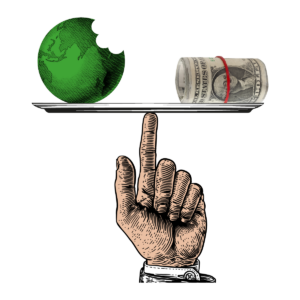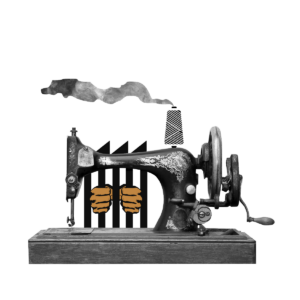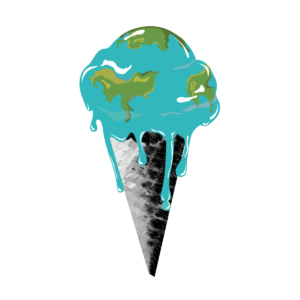Challenging the Food and Agriculture Industry
Global food and agriculture systems are essential to nutrition, employment, culture, and stability but also gravely unjust and unsustainable. Hundreds of millions of people go to bed hungry everyday and billions cannot afford healthy diets. Agrifood systems are the world’s largest employer but work is often harsh, dangerous, underpaid, and precarious. Global food and agricultural production contributes to a third of all human activity related greenhouse gas emission and has massive adverse impacts on biodiversity worldwide. Giant companies dominate global food and feed supply chains allowing them to continue putting profits over a just transition.
Through research and advocacy with partners and networks worldwide, SOMO is pushing for regulation that fosters equitable and sustainable agrifood systems worldwide and curbs corporate power.
For fairer and more sustainable agriculture and food production, we have focussed on various topics, including problems with sustainability certification and corporate purchasing policies. We also address unfair trading practices, market concentration, speculation and uneven value distribution, the right to food, and land conflicts.
Highlighted Publications
-
A fox in the henhouse Published on:
 Vincent KiezebrinkPosted in category:Publication
Vincent KiezebrinkPosted in category:Publication Vincent Kiezebrink
Vincent Kiezebrink -
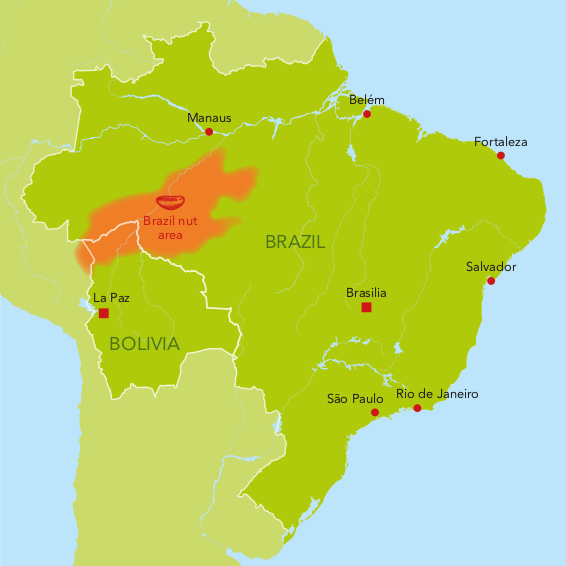 Brazil nuts: Exploitative social and economic conditions in the Bolivian AmazonPosted in category:Long read
Brazil nuts: Exploitative social and economic conditions in the Bolivian AmazonPosted in category:Long read Sanne van der WalPublished on:
Sanne van der WalPublished on: -
Pressing Issues Published on:
 Irene SchipperPosted in category:Publication
Irene SchipperPosted in category:Publication Irene Schipper
Irene Schipper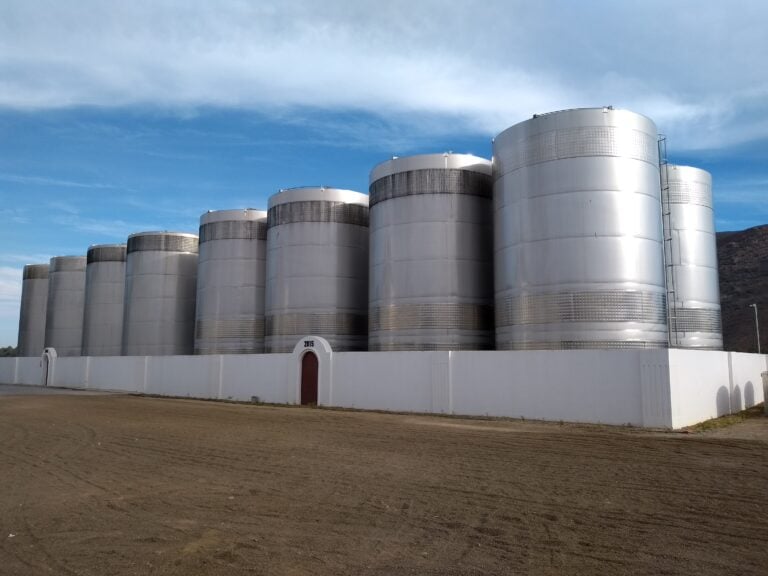
Unsustainable food industry practices and impacts on the climate
The food and agriculture sector has considerable adverse effects on ecology, climate, and biodiversity.
Industrial livestock farming, for instance, is a major factor in biodiversity loss, environmental degradation and deforestation and has harmful impacts on workers and communities worldwide. Estimates of the global meat production’s share of human activity-related greenhouse gas emissions range between 11 and 20 per cent.
With the Downsizing Big Meat project, we aim to contribute to lower and more sustainable meat production globally. We investigate understudied and underrepresented aspects of the economic foundation of the largest meat companies worldwide and the policy interventions that present an opportunity to address them.
With policy advocacy and awareness raising, we aim to promote policy changes that weaken the pillars of industrial meat’s harmful business model, compelling it to shrink production and adopt more sustainable practices. This shift involves the industry prioritising other factors than profits and benefits for shareholders. Instead, the focus lies on making adequate investments in various currently under-resourced aspects, such as improving labour conditions and animal welfare, significantly reducing GHG emissions, and discontinuing tax evasion, deforestation, and the use of pesticide-laden feed.
By advocating for these changes, we seek to contribute to a meat industry that operates in a more environmentally responsible and socially conscious manner, with less power and market domination for big meat and a lower production of industrial meat overall.
For transparent supply chains
EU supply chains are riddled with human rights violations, land grabs, deforestation, pollution, and adverse biodiversity and climate impacts. We are pushing for regulation, policies, and practices that ensure decent work and sustainability – including legally enforceable corporate accountability mechanisms, and a leading role for workers in monitoring and improving workplace conditions.
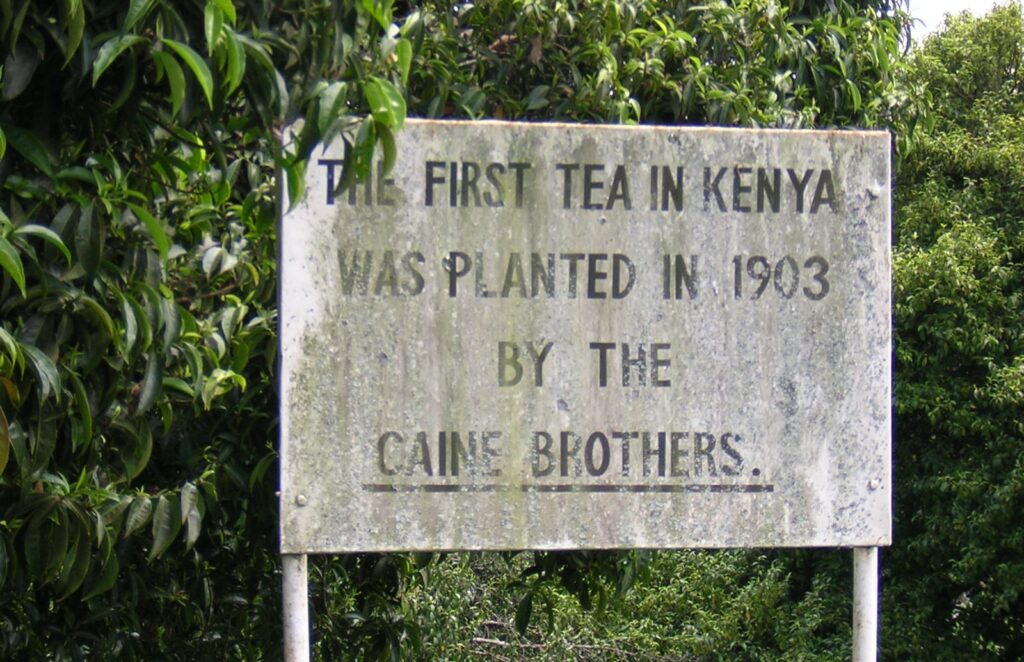
Global food and agriculture supply chains challenges
Food supply chains in the EU are wrought with egregious issues, including human rights violations, land grabs, deforestation, pollution, and detrimental impacts on biodiversity and the climate. Through imports of Brazilian meat, for example, EU companies are linked to harmful practices such as deforestation, fraud, modern slavery, and land grabs.
For nearly two decades, SOMO’s food and agriculture projects have exposed unethical and unsustainable practices in EU supply chains and helped to promote approaches to root these problems out. SOMO’s work on the tea sector, for example, has continued to confront major tea companies, including Unilever, with violations of worker’s rights in tea plantations around the world compelling them to act.
Investigations into the production of green beans from Morocco, orange juice from Brazil, sugar from Malawi, and wine from South Africa have shed light on unacceptable living and working conditions within these sectors. In 2021, research conducted by SOMO, the Belgian NGO FOS, and the Bolivian organisation CIPCA highlighted appalling working conditions in the Brazil nut sector, including child labour.
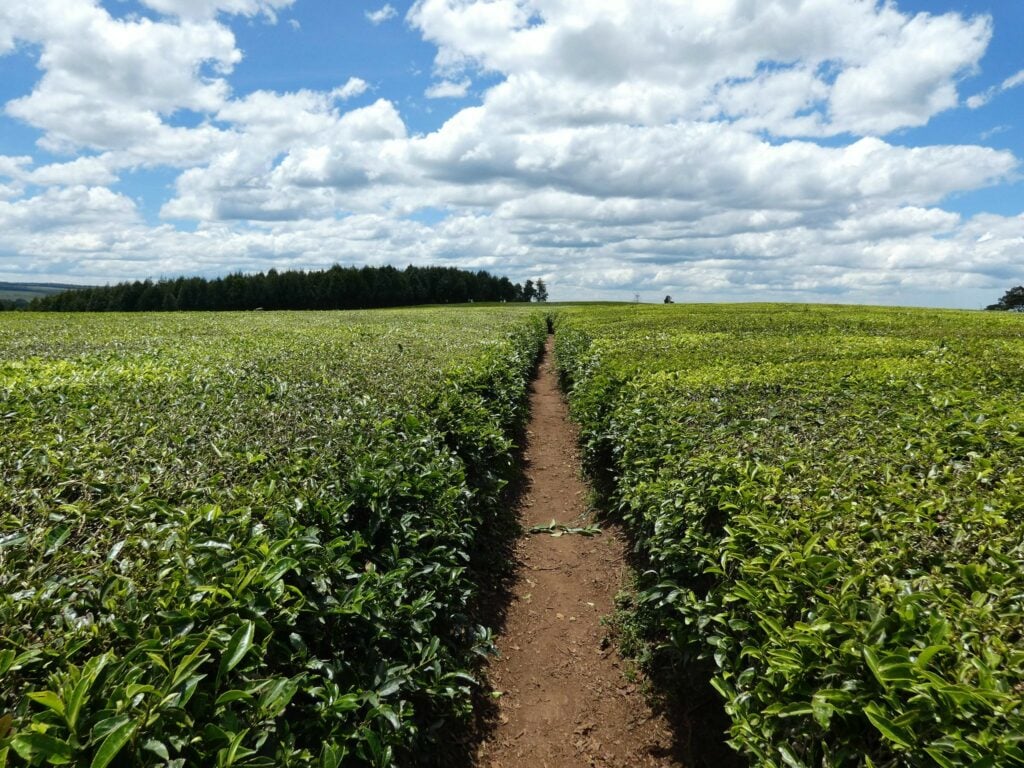
Supermarket buyer power
The buyer power of supermarkets has also been an important focus of SOMO food and agriculture work. In many EU countries, a few supermarkets hold significant control over food sales. In the Netherlands, for example, five supermarkets dominate 80 per cent of the grocery market, granting them the power to extract favourable terms and conditions from suppliers. By exerting pressure on prices, these supermarkets play a significant role in influencing the conditions under which food is grown, produced and traded.
Studies reveal that this dynamic leads to unethical trading practices, creates downward pressure on prices, and has detrimental effects on suppliers, workers, and consumers. SOMO’s work on this supermarket buyer power topic has contributed to EU regulation to stamp out unfair trading practices from powerful buyers such as supermarkets towards less powerful suppliers.
Do you need more information?
-

Sanne van der Wal
Senior Researcher
Latest updates
-
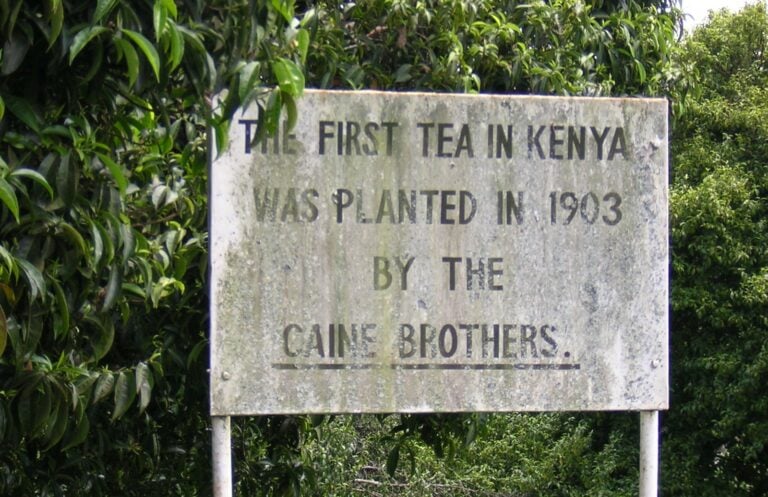
-
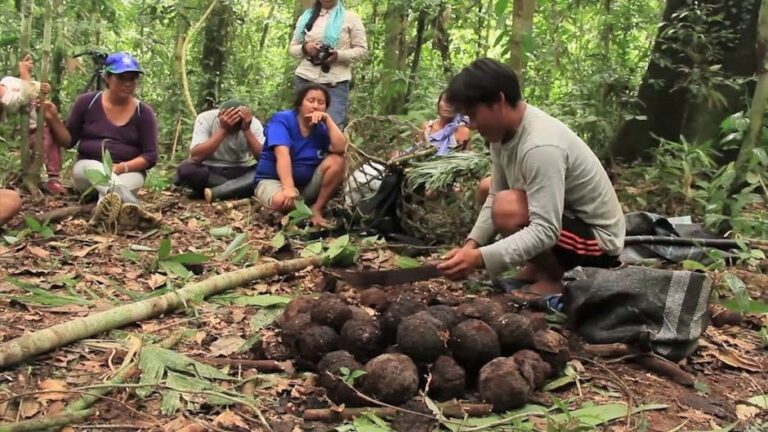
-
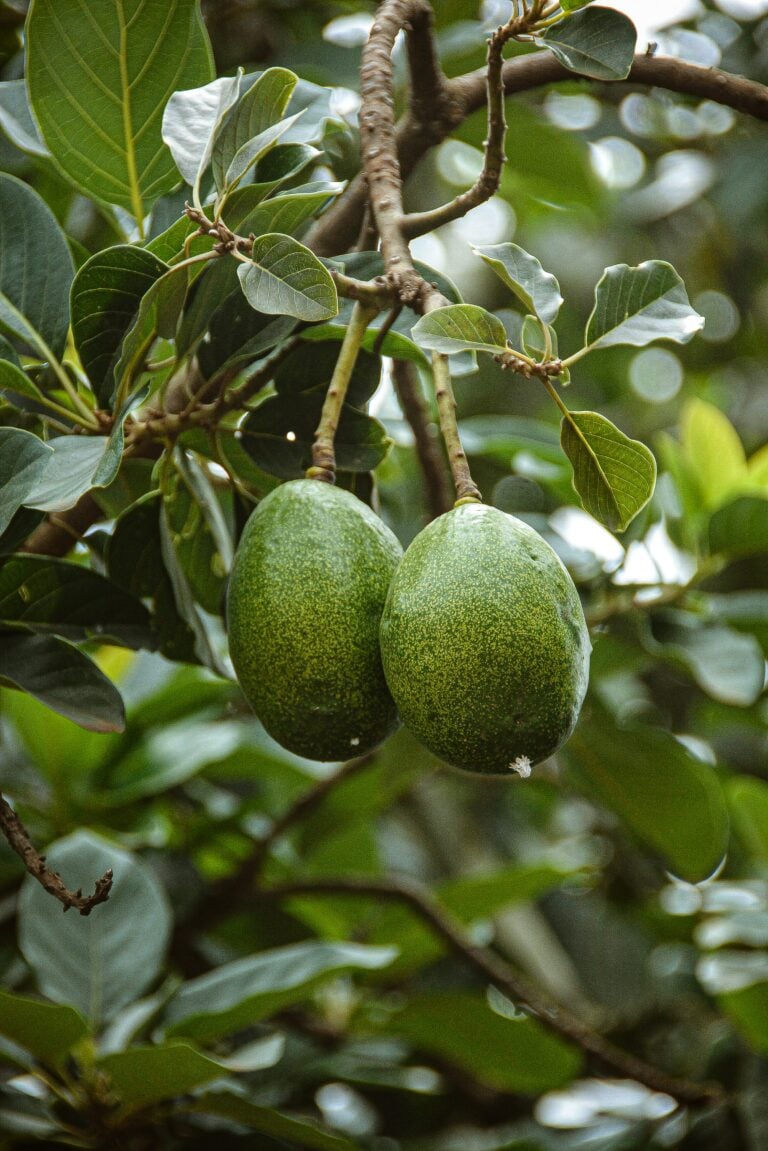 Large Kenyan agribusiness under fire for assault and rapePosted in category:News
Large Kenyan agribusiness under fire for assault and rapePosted in category:News Lydia de LeeuwPublished on:
Lydia de LeeuwPublished on:
Related Topics
Discover more of SOMO’s work and publications.

